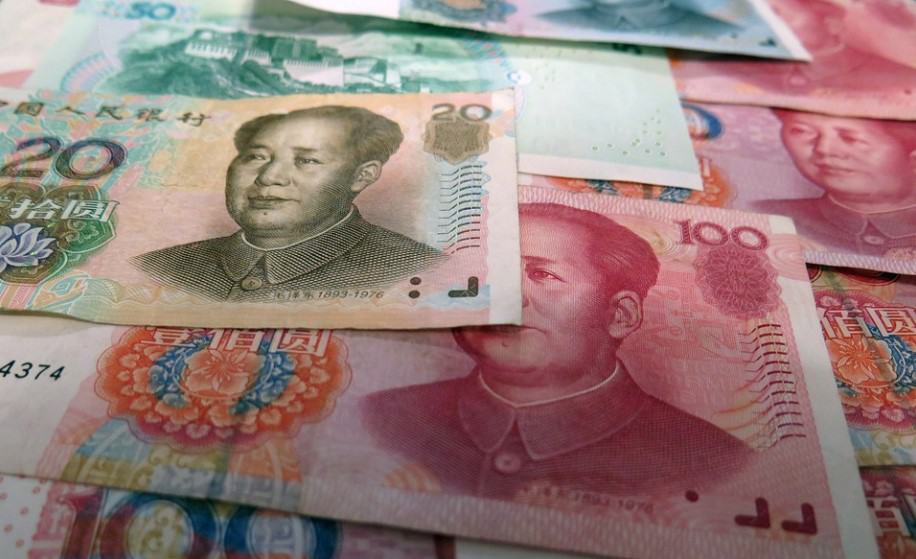What do China’s ‘bitcoin bans’ mean for crypto affiliate marketing?

China has announced the latest in a long list of moves to remove cryptocurrency from the country, but what does that mean for affiliate marketers? Read on for all the details.
What’s happening in China?
In a move that some have speculated is created to pave the way for their own entirely digital currency, the Chinese government announced in late September that they were declaring all cryptocurrency transactions to be illegal.
Crypto trading through its domestic exchanges has been banned in China since 2019, telling its citizens that it was done in an attempt to curb money laundering. Since then, Chinese citizens have seen more and more restrictions being put in place including the restriction of online foreign exchanges, but this move is definitely seen as the most drastic.
China is also in the process of gradually shutting out any crypto mining operations and stopping new operations from emerging. Frighteningly, the country is also prosecuting citizens in the country for taking part in any activity related to cryptocurrency.
Since September of this year, the blanket ban across cryptocurrencies has caused Bitcoin exchanges Binance and Huobi to halt their taking in of Chinese users. Bitcoin and Ethereum prices at the time fell by about 10%, but then leveled out due to the fact that this latest move from the Chinese government didn’t surprise analysts.
“Virtual currency-related business activities are illegal financial activities,” the People’s Bank of China said in a statement, later adding that it “seriously endangers the safety of people’s assets”.
What does it mean for crypto?
This move comes in as the biggest attempt by the government to stamp out the practice in China entirely. It is being reported that Chinese crypto carriers are panicking, looking for a way to access their money, worrying that their assets will be frozen, resulting in a rush to gain access to their assets.
In a move that is causing leading experts to question their intentions, China is in the process of testing its own national digital currency. Some have speculated that the Chinese government intends to replace the national currency with a digital equivalent and that they are simply suppressing the competition.
Named “digital yuan”, the currency has been in development since 2014 and has seen trials amongst private citizens of China with lotteries handing out over £4.5 billion in digital currency to Beijing residents. It seems the initial aim is to digitize existing banknotes and coins in circulation.
But China’s currency goes against the main appeal of digital currency, namely “decentralization”. Usually, cryptocurrency like Bitcoin is decentralized, bypassing any input from the bank. Control is kept squarely in the hands of the individual, group, organization, etc. that are transferring the money. This eliminates the idea of inflation.
Decentralization is attractive to those who don’t trust the government or the bank. With the People’s Bank of China controlling the digital currency, there will be little to differentiate it from traditional currency beyond a superior security level.
What does it mean for affiliate marketing?
Unfortunately, the main takeaway from this news is that affiliate marketing will have to, for now, cease advertising in China. This move will feel painful due to the substantial audience China offers.
There will be very little traffic coming from China as buying, selling, trading, and any other cryptocurrency activity will now be deemed illegal.
Focus on nurturing the affiliate relationships that are growing your brand and are advantageous to you. To keep advertising on Chinese platforms would be like leaving money on the table right now.
If you have a healthily diverse affiliate program, you won’t mourn the loss of your Chinese audience too much, with a range of other sources of traffic coming in to cushion the fall.
Make sure to nurture these relationships with your affiliate partners. Like any other relationship, it comes down to communication. Keep them up to date with anything happening with your brand, either with visits or newsletters, to be sure you’re at the forefront of your partners’ minds. Network at conferences and industry events to let them know that you are involved and engaged. Perhaps even plan a few in-person meet-ups with your affiliates to hear their ideas for your brand and marketing strategies.
Of course, should China finally implement its rumoured plan to create an entirely digital national currency, there would be an even more substantial audience waiting to be reached. Down the line, it would be a good idea to prepare for such an event. Think about how you are going to adapt your strategies for a Chinese audience.
Your content may have to be reworked to appeal to such a culturally opposing audience, if only just to change the language. Make sure it is translated well, as even minor mistakes can be embarrassing and as 90’s tattoo trends told you, it’s easy to get Asian languages wrong.
Consider tweaking your Search Engine Optimisation to aid other search engines, like Baidu, which is more popular in China with a market share of 72.73% in China.
Follow this guide to optimise your SEO marketing and gain more visibility. If you still need assistance, book a free call with a member of our team!






